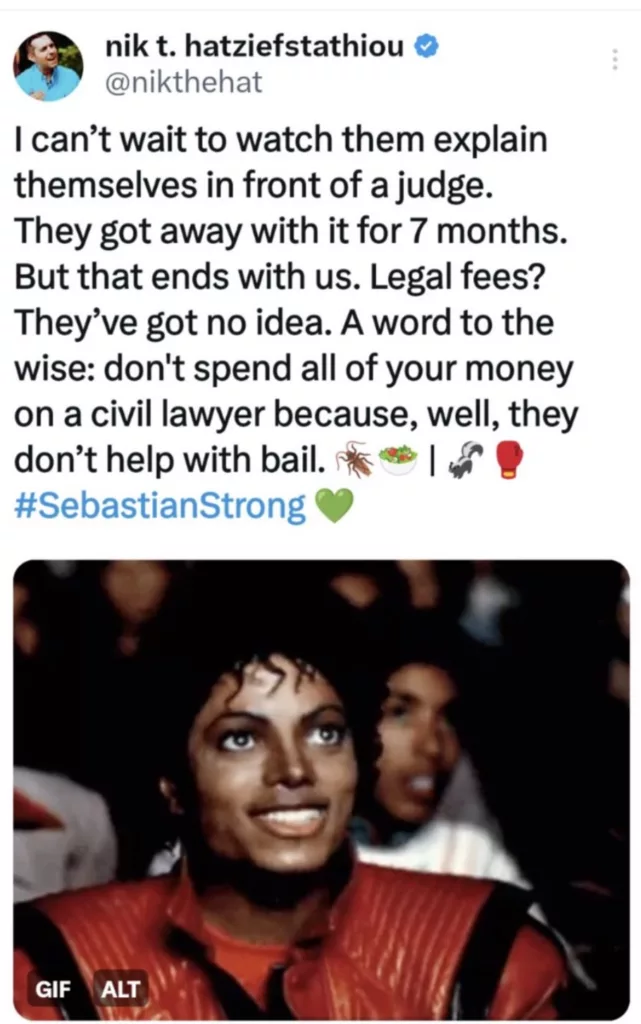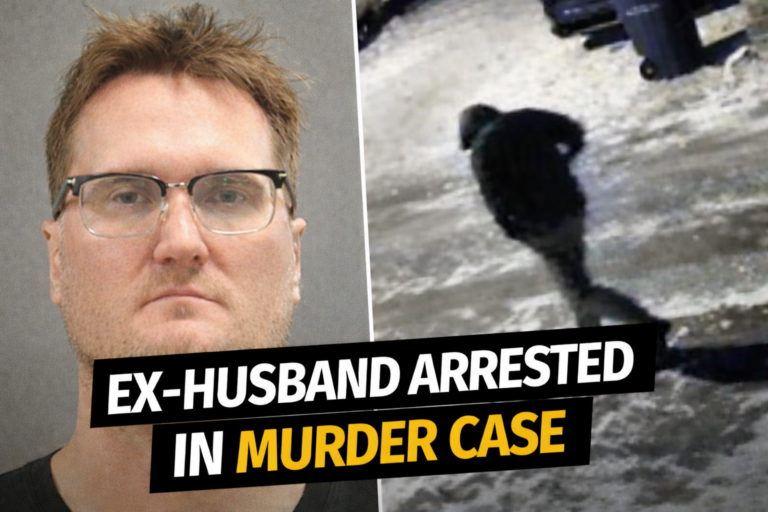Duane “Dog” Chapman—aka Dog the Bounty Hunter—is back in the headlines, not for cuffing fugitives, but for suing YouTubers and TikTokers over what he claims is a coordinated smear campaign.
Alongside a cast of co-plaintiffs, Dog alleged that a group of online creators defamed them, derailed a missing child investigation, and unleashed a barrage of harassment.
The judge, unimpressed, tossed the whole thing using Pennsylvania’s anti-SLAPP law—essentially calling the lawsuit what it was: a publicity-stained swing at critics.
But Dog and company aren’t backing down. They’re appealing the dismissal, clinging to a case the court already treated like trash.
In a case that reads like late-night cable chaos, Duane “Dog” Chapman, a man whose mullet once terrorized fugitives and whose sunglasses were practically stitched to his face, decided to sling a defamation suit alongside a parade of other plaintiffs against two women from TikTok and a host of online sleuths, accusing them of wrecking a missing child investigation, defaming everyone in sight, and generally turning true crime into a social media circus.
Their lawsuit—filed with the melodrama of a daytime soap—accuses defendants of a laundry list of criminal-adjacent chaos. Among the gems and accusations?
Plaintiffs allege that online rumors claimed Dog and others traveled to Tennessee to kidnap people and inject them with “truth serum” to extract confessions. This fantastical narrative, according to the suit, led to real-world consequences—including parole restrictions for one plaintiff.

The complaint also says that while Dog appeared on Court TV to advocate for missing teen Sebastian Rogers, a defendant hosted a nearly three-hour livestream mocking the interview, allegedly ignoring legal protocols and ridiculing the effort.
One YouTube creator, the lawsuit alleges, announced during a livestream that she was driving to one of the plaintiffs’ law offices in Pennsylvania.
Then came the GoFundMe twist. According to the suit, another defendant launched a $25,000 fundraiser claiming she needed a “federal attorney” to combat an active lawsuit. The problem, according to the lawsuit filed by Dog and plaintiffs? No one had sued her. She’d received a cease-and-desist letter—standard stuff—and allegedly turned it into a false narrative of legal persecution to rake in donations, according to the complaint.
It gets weirder. The lawsuit claims these creators didn’t act alone but as part of a coordinated online “Enterprise”—a digital RICO outfit, if you believe the filing. They’re accused of doxxing, coordinated harassment, obstructing the search for a missing child, and running smear campaigns like a bad soap opera cast reunion on meth.
The plaintiffs cast the internet as a courtroom, and the influencers as judge, jury, and keyboard executioner—all dressed up in hashtags and monetized for clicks. It would be funnier if it weren’t all tied to the ongoing search for a missing teenager, Sebastian Rogers. That’s the part that’s not a joke.
The judge, using good old common sense, applied Pennsylvania’s anti-SLAPP law and tossed the case out like a bad pilot script. The ruling made it clear: you don’t get to sue someone just because they said mean things online or hurt your public image with unpopular opinions—especially when you’re a public figure injecting yourself into a national case with TV cameras in tow.
But Dog isn’t done barking.
Despite the dismissal, the plaintiffs—Dog included—have appealed. Because why let a little thing like legal precedent get in the way of a good performance?
The appeal isn’t just a waste of court resources—it’s a thinly veiled attempt to silence criticism by suing it into the ground.
The original posts may have been loud, messy, even unfair. But freedom of speech isn’t reserved for well-mannered commentary. And if you start filing defamation suits over livestream sarcasm and petty online beefs, where does it end?
Dog may be used to the chase, but this time—he’s barking up the wrong courthouse. And the only thing he’s likely to catch is a bill for legal fees and a reminder that public life comes with public scrutiny, even when you’re trying to stage your comeback one livestream at a time.
You can access the original complaint, which was dismissed under Pennsylvania’s anti-SLAPP statute, below.

